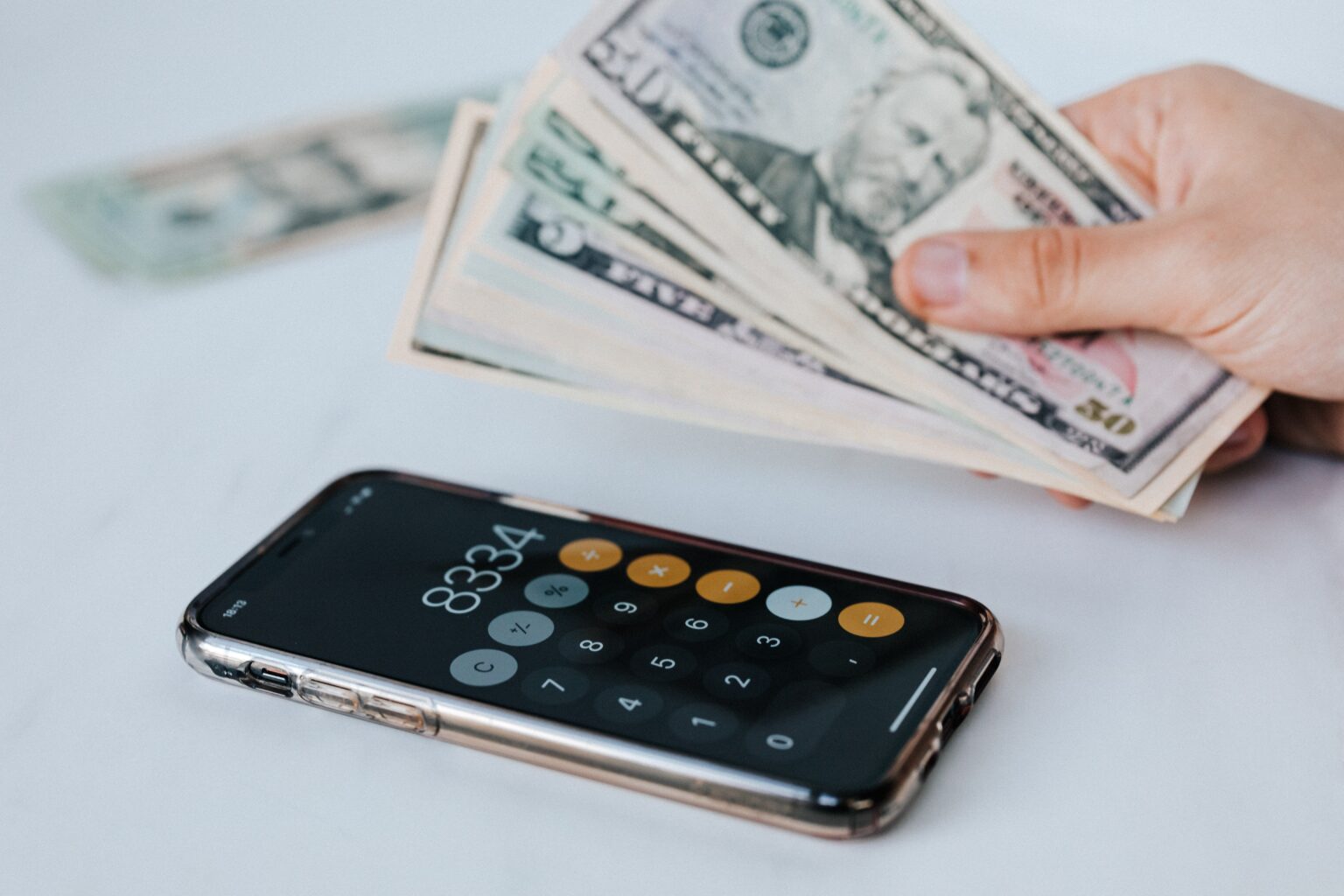
Digital budgeting tools are a lifeline for millennials and Gen Z
Millennials and Gen Z are the most financially independent generations in history. They’ve got their own credit cards, debit cards and checking accounts, and they have habits that won’t change anytime soon. But that doesn’t mean millennials don’t need help with their finances. In fact, a new generation of digital tools can help you budget better than ever before — and save you tons of money at the same time!
The millennial and Gen Z market is one of the most important in the world. It’s estimated to be worth $100 trillion by 2025, which means that we’re talking about a lot of money. And yet, many people still don’t have a formal financial plan in place for this generation—and that’s a shame because it can mean missing out on opportunities like investing or saving more money than you need to live comfortably as an adult.
That’s where digital budgeting tools come in handy: They help millennials manage their money in ways that are simple and intuitive for the way that they live. Digital budgeting tools can be used anywhere from smartphones (which are increasingly common) all the way up through desktop computers with internet connections—so there’s no reason why these programs can’t be used by everyone regardless of age or location!
“They provide free financial education.”
Financial education is important. There are plenty of free resources out there, but it’s not always easy to find the right information for your specific situation.
Financial education can help you make better decisions when it comes to money and finances, which could mean saving thousands over time. For example: if you have student loans or credit card debt, having a tool like Mint will help you understand how much interest you are paying in comparison with other financial services like Ethereum mining pools (or whatever else).
Some of them allow users to invest automatically, even with small amounts.
Automated investment services are a good way to start investing small amounts. Some of these services will allow you to invest automatically, even with small amounts. For example, Acorns allows users to automatically invest their spare change into different stock-picking portfolios that track the S&P 500 Index. Users can set up their accounts on the website or download an app for iOS and Android devices, making it easy for anyone—even those without extensive financial knowledge—to get started with investing. The minimum investment amount is $5 per month; however, it’s recommended that you invest at least $100 per month if possible (this number may vary depending on how often your pay check comes).
They can be helpful for tackling specific issues like paying off student loans or saving to buy a home.
Digital budgeting tools can be helpful for tackling specific issues like paying off student loans or saving to buy a home. They provide a way to track your spending and income, which will help you get a handle on your finances. You can also use the data they provide as part of keeping track of other goals like saving for retirement or paying off debt.
“Financial planners still advise people to consult a professional advisor before investing.”
As a millennial who has been investing in stocks and mutual funds for the past few years, I understand that financial planners are still an important part of planning your financial future.
Financial planners can help you build a financial plan by looking at your goals and helping you set realistic objectives. They can also help determine the risks involved with each investment type so that you understand what’s at stake if something goes wrong. Finally, they can provide advice on how to manage your investments once they’re in place—and even how to sell them down the road if necessary!
Automated budgeting tools may help younger people build better habits around money management.
For many millennials and Gen Z, the ability to see their budget in real time is one of the most important aspects of a good digital tool. A lot of these apps let you set up notifications so that when you’re spending too much or too little, they’ll alert you immediately so that it’s easy to adjust accordingly. Another feature they offer is tracking over time—it’s not uncommon for people who don’t have any experience with personal finance to be shocked by how much money they spend on certain things each month after seeing their data displayed as a graph or chart on an app.
Whatever your plans are for the future, it’s important that you make financial decisions today. If you’re considering automated budgeting tools, just remember this: there is nothing wrong with trying new things and seeing if they work for you. After all, if they don’t work out well enough then at least they’ll give you some good ideas on how to improve your money management skills!